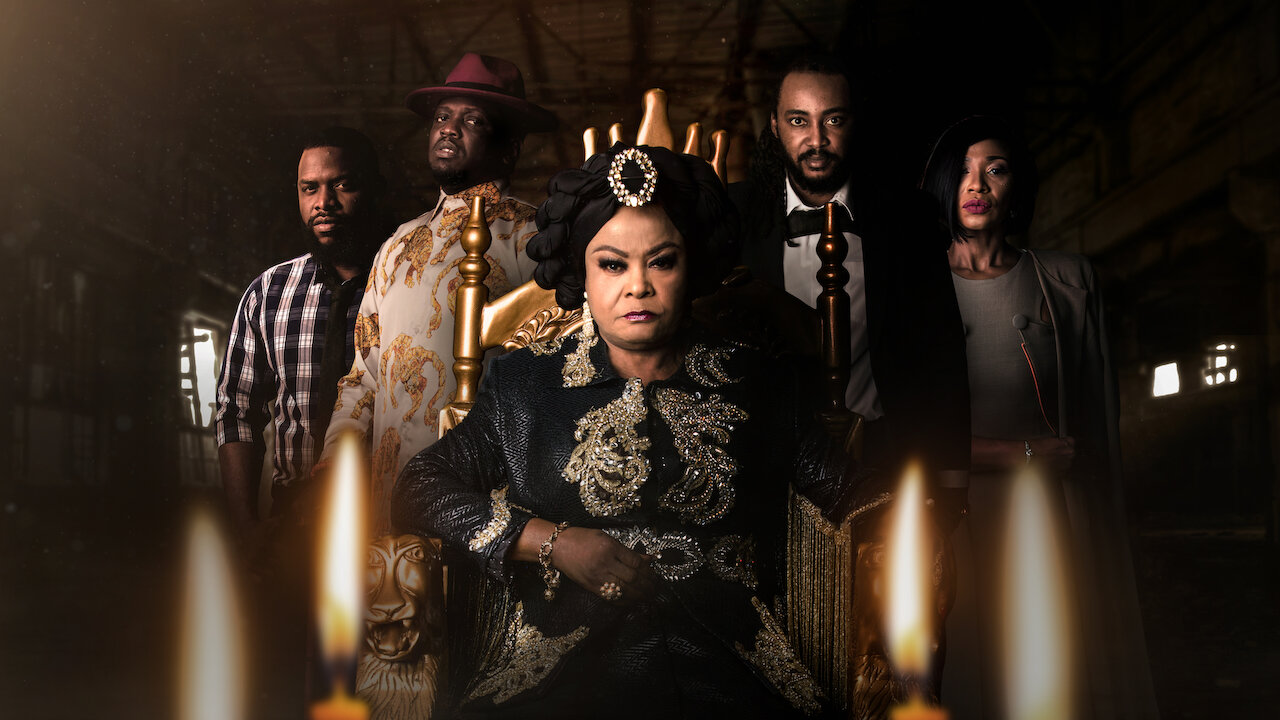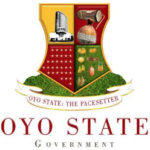On this Independence Day 2021, my focus is appropriately Nigerian politics. My point of entry is Nollywood, which I must confess I don’t follow closely. At a recent event in Abuja on the unveiling of the 2021 social cohesion report by the Africa Polling Institute, a young woman complained bitterly that the political arena is closed to the Nigerian youth and nothing can be done about it. I responded that in general, nobody gives you power but if you have the strength, you can organise yourselves and take power. The youth, I argued, have by far the majority vote in Nigeria so they could decide to stop playing second fiddle and work towards taking power. She responded that electoral numbers don’t matter in Nigeria, hadn’t I seen the King of Boys? I was startled by the suggestion that Nigerian politics had been explained in a Nollywood movie and decided to see it for myself to seek understanding. I watched both the film and the seven-part sequel. It took valuable time, about ten hours in all but I was glad I did it, it was time well spent.
The film, King of Boys, by Kemi Adetiba, was released in 2017 and became an instant box office mega-hit, in spite of its very long 169-minutes run time. The film recounts the narrative of massive corruption in Nigeria’s political system through the rise and fall of the protagonist, the iconic ‘godfather’, Eniola Salami, excellently enacted by Sola Sobowale. It is a gripping story because she is not the typical Nollywood female protagonist engulfed in love stories, she is a real ‘godfather’. Moreover, Salami is a complex character, very independent, who has survived and prospered in a dangerous world.
Following the film’s runaway success, Netflix commissioned a sequel: a seven-part limited series. It was the streaming platform’s first from Nigeria. The series, the Return of the King, picks up the story five years after the events of the original. Salami had fled the country to New York to avoid prosecution for her crimes. She was, however, able to do what it takes to return to Nigeria as a free citizen. On arrival, she announces her intention of contesting for the gubernatorial seat in Lagos in the coming elections. She had decided to take the throne directly rather than maintain her position as the power behind the throne. This ambition unites Salami’s old enemies with new ones at a time in which not just her political ambition is under threat but also her day job as the ‘godfather’ of the Lagos underworld organisation she had been leading. The film suggests to the viewer that the return will fail as she finds herself alone, after the tragic loss of her children and the gang-up of key players in the Lagos criminal world against her.
Kemi Adetiba has assembled a stellar cast with RMD, Nse Ikpe-Etim and Charly Boy, displaying impeccable acting. The film has a gripping narrative, interesting character development and acting. Salami’s character is continuously confronted by her younger, more immature self, played by Toni Tones. This younger self is the embodiment of evil who intrudes from her earlier life and refuses to let go, even when Salami tries to become a different person.
The film has many subtexts. The first is about the mechanisms that permanently keep Lagos politics under the control of criminal gangs. The second is about the dirty plots and high stakes of maintaining control and leadership of Lagos criminals. Charlie Boy was excellent in his portrayal of the plot to organise a coup against ‘godfather’ Salami. The epic battle between Salami and the Lagos State First Lady, Mrs Randle, is fascinating. The third subtext is the struggle by Salami against her own internal demons – she must change her ways but what is change and what are the possible pathways to power outside criminality, violence and blackmail? The strongest and most disturbing theme in the film, however, is the suggestion that all politicians are simply fronts for criminals and forced to obey directives from the underground, rather than serve the people. No, Kemi Adetiba, this message is wrong. Yes, we have a lot of criminals as actors in Nigeria’s political arena but not all politicians are the pawns of criminals.
The two characters that speak for integrity and the rule of law – the anti-corruption Czar and the investigative journalist who sought to expose the criminals – fail miserably. The message at the end of the day is that you cannot beat the powers that be so you may as well join them. Nigerian viewers of the film would of course be aware that beyond the fiction, there is someone they know who has been a godfather of Lagos politics for two decades. People will wonder whether the real godfather is similar to the fictional one. Is the message then, that Lagosians, indeed Nigerians, will have to live with the leaders imposed by the godfather?
Maybe the problem with the film is the way it captures Nigeria’s zeitgeist – the spirit of the time. There appears to be a double reality in Nigerian politics, with a surface layer in which candidates emerge, contest in elections, win and are sworn into power with a holy text in one hand and the Constitution in the other. Then there is a second, not so hidden layer of cabals, criminal enterprise and armed thugs, one which directs the affairs of State in the interest of the godfathers and against the interest of the people. The subliminal message is one of a disempowered citizenry. The Nigerian voter, therefore, has very little agency in the struggle for democracy.
We must get away from this defeatist notion that we cannot change the nature of our politics. Yes, we can. We, the elders, have failed to deepen our democracy and open pathways for political recruitment. The youth must rise to the occasion and use their numbers to successfully contest for power. This call is not to younger criminals because there are many of them too. It is a call to action for democratically-minded young Nigerians to create a more open political system that respects the choices of voters and serves the interests of citizens.

 Join Daily Trust WhatsApp Community For Quick Access To News and Happenings Around You.
Join Daily Trust WhatsApp Community For Quick Access To News and Happenings Around You.


